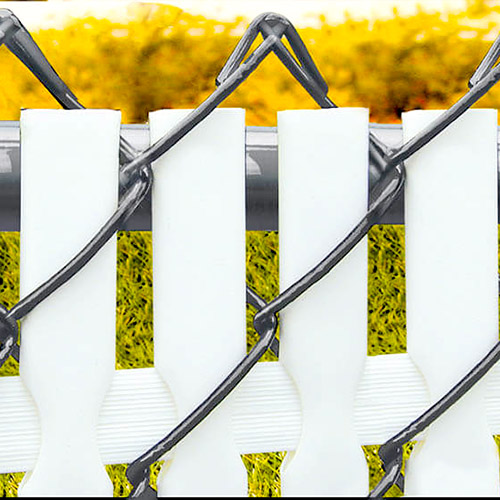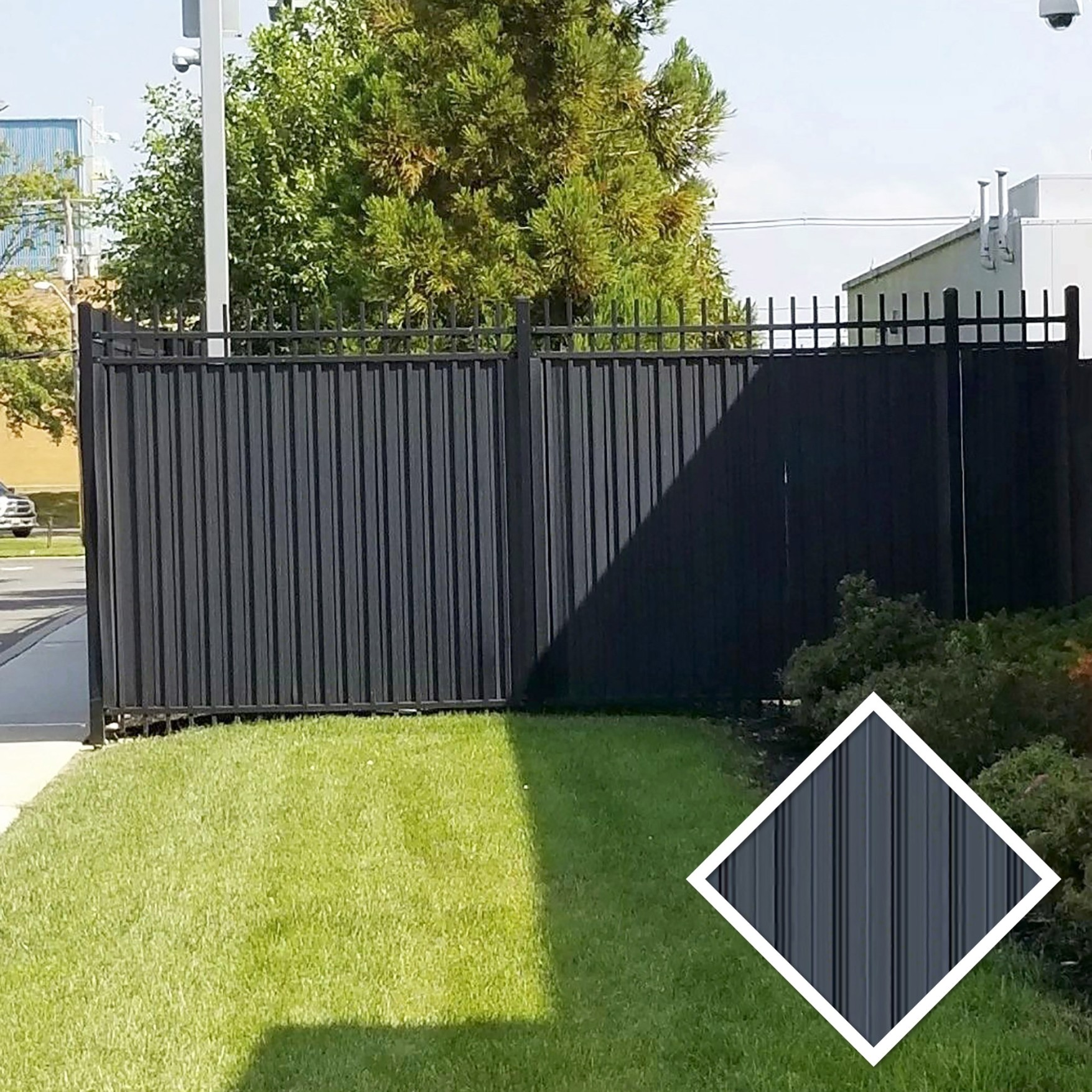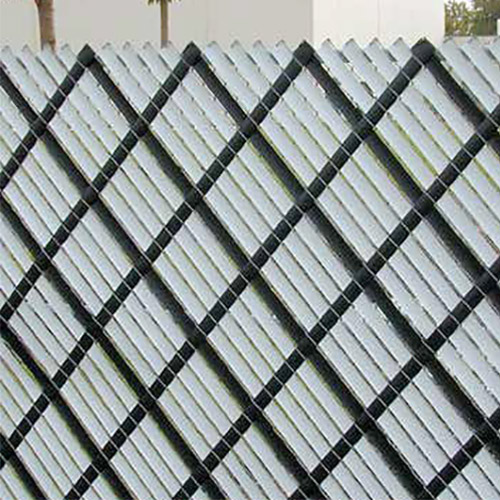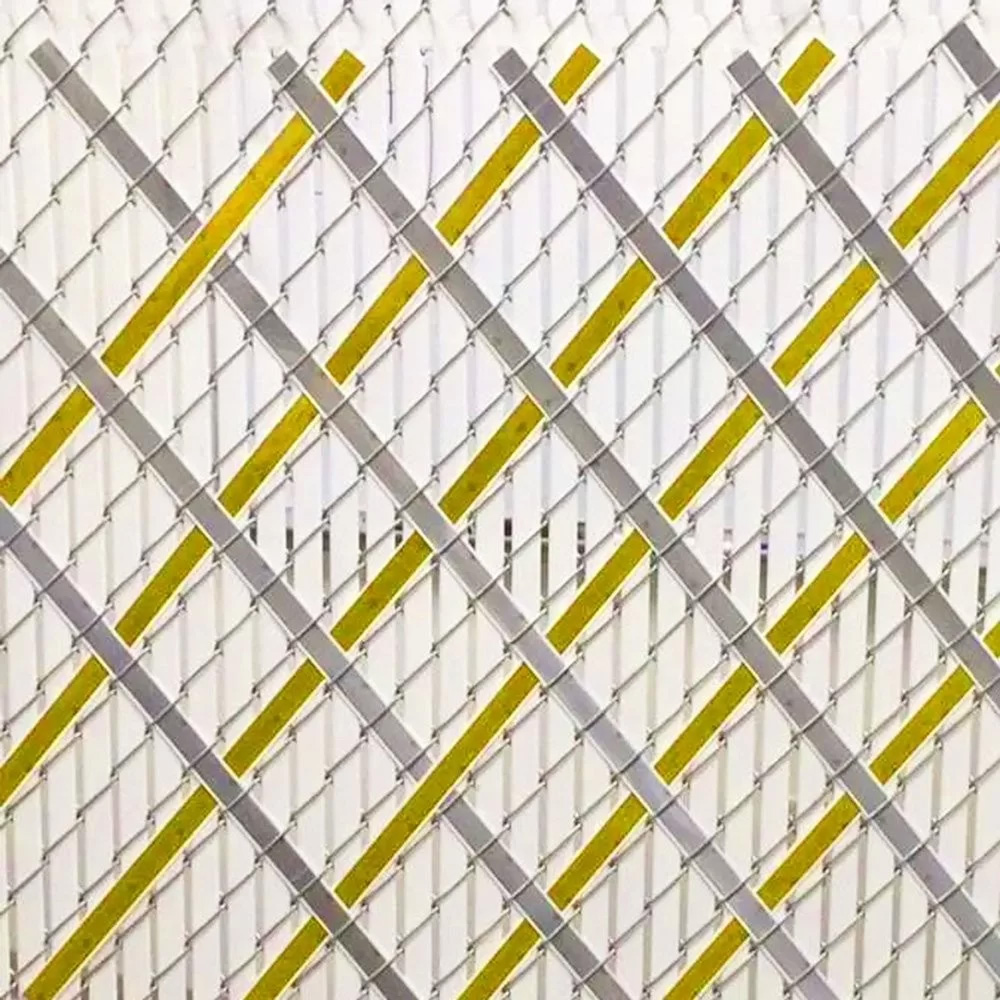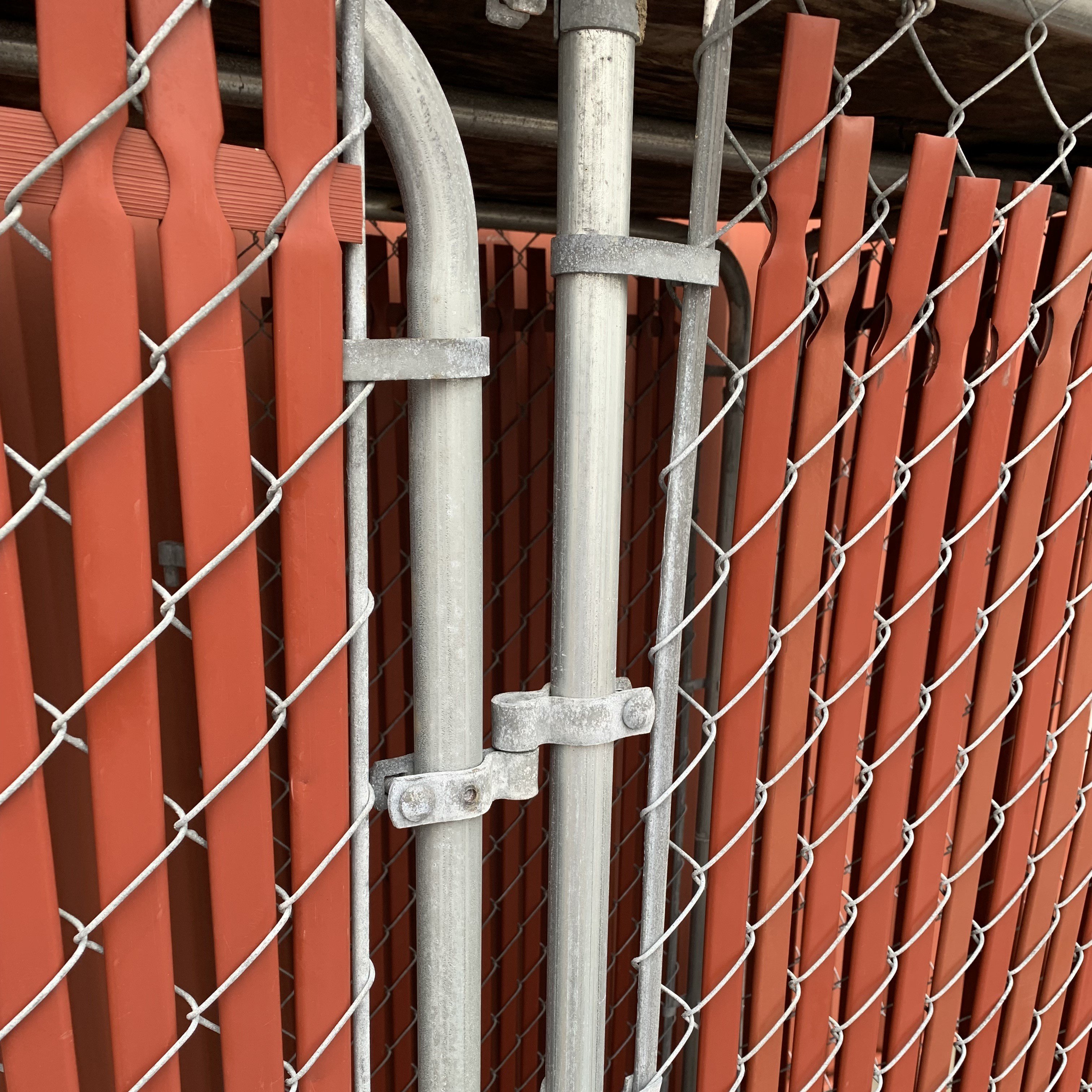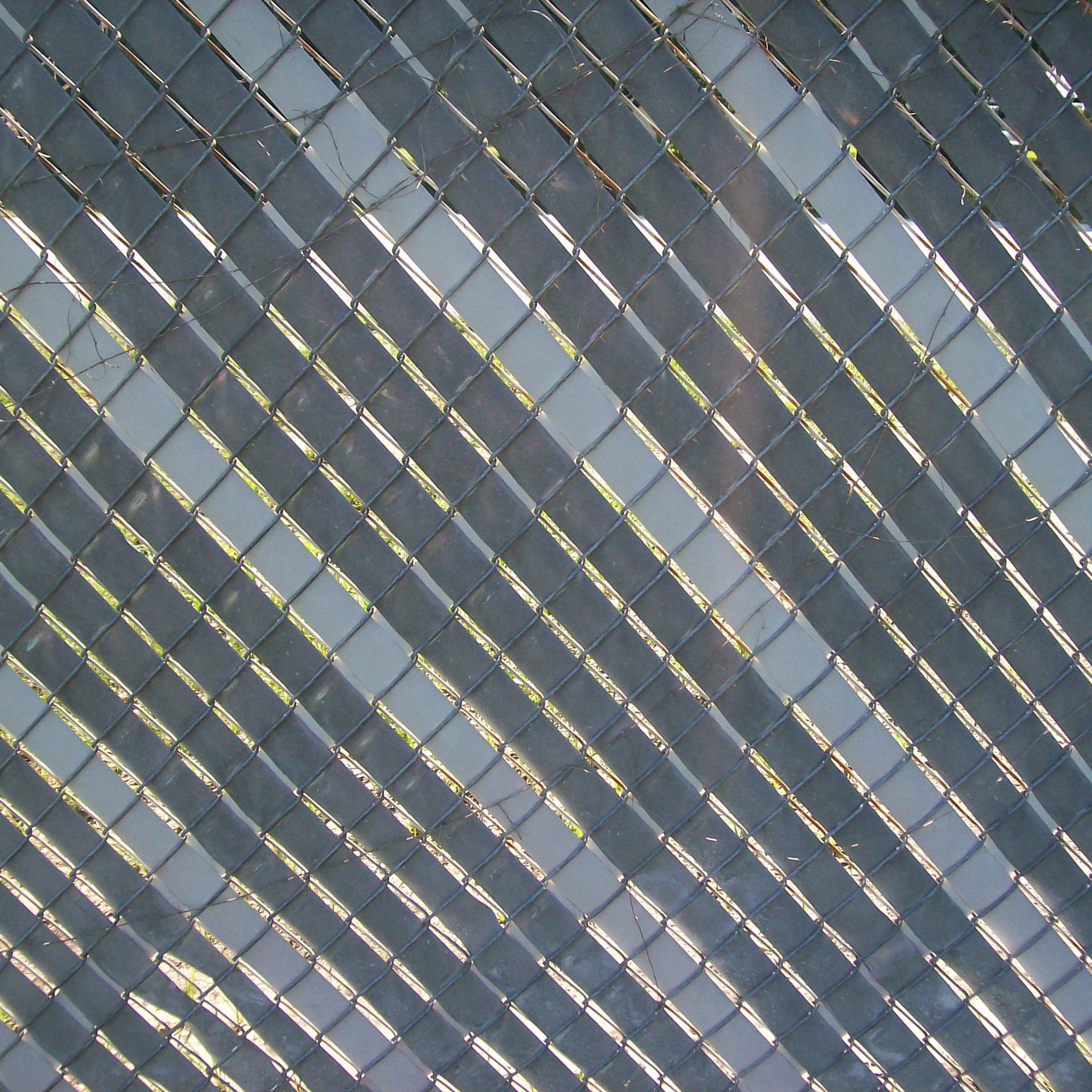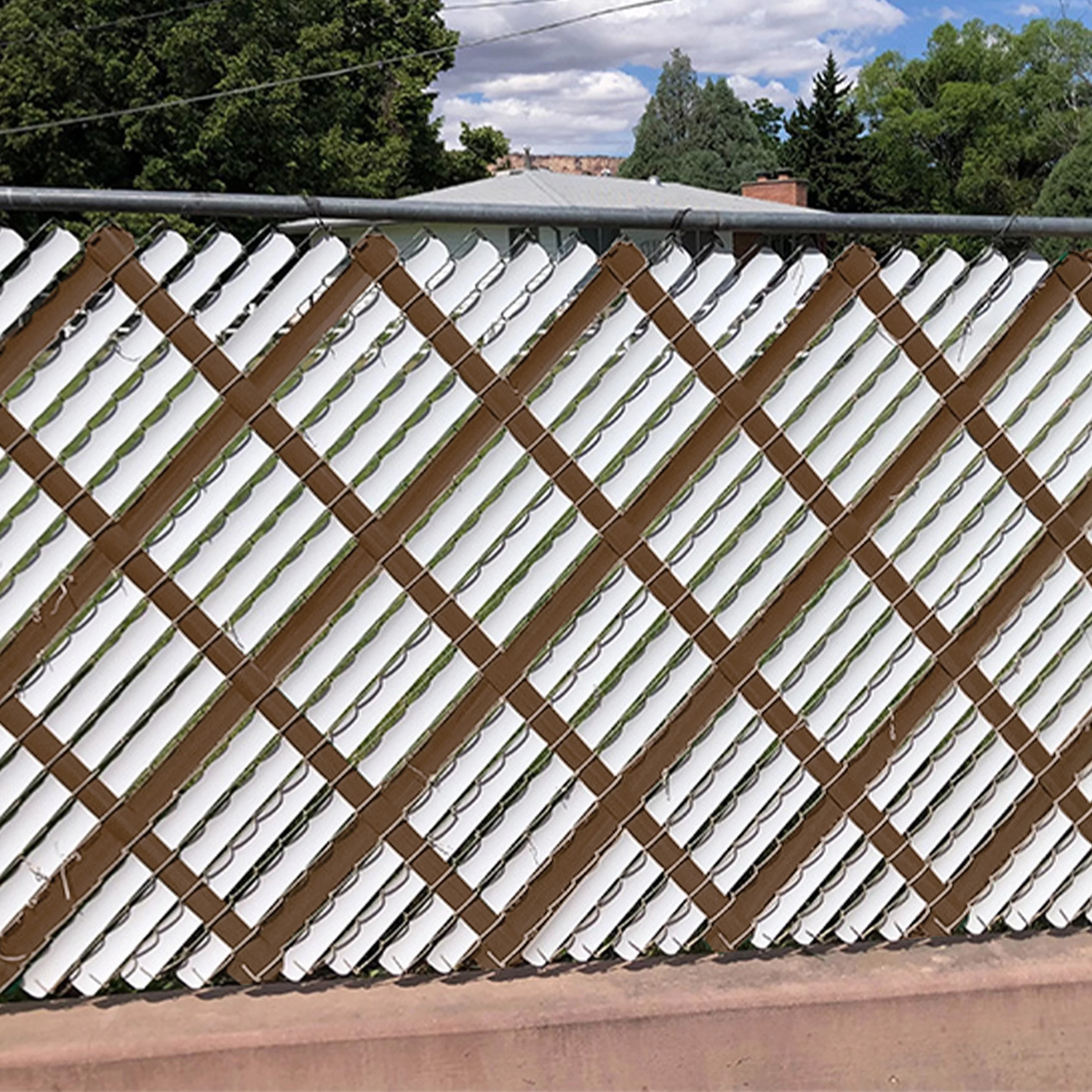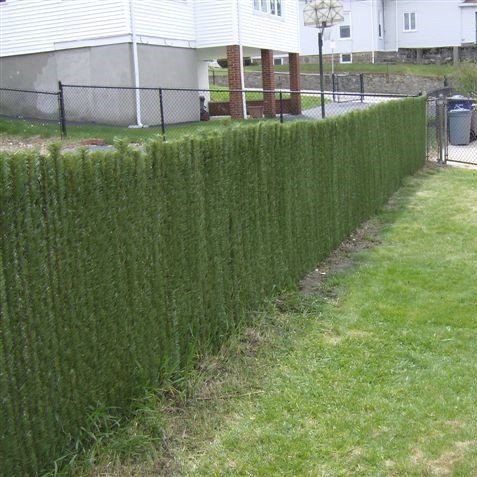High-Density Polyethylene (HDPE) is a strong and dependable material widely used in a variety of products, particularly in privacy slats for fencing. Known for its impressive strength-to-weight ratio, HDPE offers remarkable toughness in both extreme temperatures and tough environments. Its natural resistance to chemicals, UV damage, and weathering makes it a top choice for solutions that need to last without frequent upkeep. Furthermore, HDPE maintains its form and performance even under pressure, ensuring reliable results in demanding situations. Whether for residential or commercial use, understanding HDPE's technical properties is essential to recognizing its benefits in building effective privacy fencing systems.
HDPE Technical Properties
HDPE stands for High-Density Polyethylene, a type of plastic derived from petroleum that is known for being strong, tough, and flexible. One of its standout features is its high tensile strength of around 3,700 psi, meaning it resists bending or breaking under pressure or impact. HDPE remains flexible even at extremely low temperatures, down to -76°F, and can tolerate high temperatures up to 250°F without losing its shape. Additionally, it has a high resistance to chemicals, including acids, alcohols, and salts, making it ideal for use in harsh conditions. It also resists UV radiation thanks to special additives, ensuring that it stays intact and maintains its color when exposed to sunlight. These properties come together to make HDPE a great choice for fence slats, providing both practical and visual advantages.
| Properties | (Value) Description |
|---|---|
| Density | (.6) A low melt index indicates improved stress and crack resistance. |
| Minimum Temp | (-76° F) Polyethylene stays flexible even at this extreme temperature. |
| Maximum Temp | (250° F) Polyethylene does not distort until reaching this temperature. |
| Tensile Strength | (3,700 psi) Material will not suffer distortion at lesser loads or impacts. |
| Materials | The Bottom Lock product is extruded from High-Density Polyethylene (HDPE), color pigments, and ultraviolet (UV) inhibitors, specifically designed to retard the harmful effects of the sun and lengthen the life of the product. |
| Durability | Pexco PDS® HDPE Fence Products are resistant to severe weather conditions, salt water, sand, road dirt, most acids, alcohol, alkaline, ammonia, petroleum distillates, and common environmental pollutants. |
| Maintenance | Pressure cleaning of surface contaminants is quickly accomplished with plain water. |
| Wind Load Disclaimer | Pexco will not be responsible for fence damage resulting from wind load conditions due to insufficient structural support. |
Shop HDPE Privacy Slats
Frequently Asked Questions (FAQ)
1. What Is HDPE?
HDPE, or High-Density Polyethylene, is a type of plastic that is known for being strong, flexible, and durable. Made from petroleum, it has a high density, which contributes to its strength and resistance to wear. Due to its durability, HDPE is used in a wide range of applications, including construction, packaging, and fencing materials. Its ability to withstand harsh conditions and resist chemicals makes it an ideal material for outdoor use, especially in privacy slats for fences.
2. Why Is HDPE a Good Choice for Privacy Slats?
HDPE is an excellent choice for privacy slats because of its ability to endure extreme weather conditions and outdoor environments. It resists fading, cracking, and warping, ensuring that privacy slats maintain their appearance over time without frequent repairs. The material is also easy to clean and requires minimal maintenance, making it cost-effective in the long run. Additionally, its resistance to UV rays ensures that HDPE slats won't degrade when exposed to sunlight, providing reliable privacy for years.
3. How Does HDPE Resist UV Damage?
HDPE resists UV damage through the incorporation of special UV inhibitors during its manufacturing process. These inhibitors protect the material from the harmful effects of direct sunlight, which can cause fading, brittleness, and material degradation. As a result, HDPE maintains its strength, color, and appearance over time, even when exposed to harsh sunlight. This makes HDPE an ideal material for outdoor applications such as privacy fencing, where prolonged sun exposure is a common challenge.
4. Can HDPE Be Used in Extreme Temperatures?
Yes, HDPE can withstand both extremely high and low temperatures. It remains flexible and functional in temperatures as low as -76°F, which means it won't become brittle or break in cold weather. On the other hand, it can tolerate heat up to 250°F without losing its structural integrity. This resistance to temperature extremes makes HDPE suitable for use in various climates, ensuring that it maintains its strength and performance throughout the year.
5. How Should HDPE Privacy Slats Be Maintained?
Maintaining HDPE privacy slats is relatively simple, thanks to their inherent resistance to moisture, chemicals, and UV radiation. Regular cleaning with soap and water is usually enough to keep them looking great and free from dirt or debris. Since HDPE does not require painting or special coatings, it’s a low-maintenance solution for homeowners and businesses alike. The material’s natural resistance to environmental factors means that, with minimal effort, your privacy slats will last for many years without the need for frequent repairs or replacements.
Contact Us
Are you in search of the ideal Privacy solution? Look no further than Privacy Slat King! We're excited to assist you in finding the perfect solution tailored to your unique privacy needs, whether for commercial or residential purposes. With our highly skilled and friendly team of experts, you can rest assured that you're in good hands. We are committed to guiding you every step of the way, ensuring you find a solution that meets both your practical and aesthetic requirements. Ready to enhance your privacy? Simply click the button below to get started and let us help you transform your space today!
Contact Us
